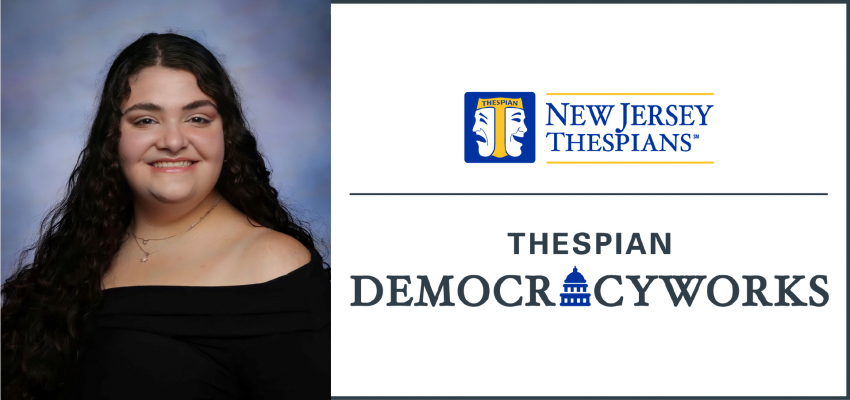NJ Thespians annually holds an essay competition, DemocracyWorks, in partnership with ArtPride New Jersey, in which high school students who are members of the International Thespian Society are invited to write an essay describing the importance of advocating for theatre education and arts education to elected officials. It is also an opportunity for students to convey their personal stories of why theater is such a big part of their lives.
Hillsborough High School Thespian Troupe 10385 Senior Dani Biondi won this year’s DemocracyWorks competition, was presented with an award at the statewide NJ Thespian Festival in January, and will accompany other arts advocates to Washington, D.C. April 26 for "NJ Arts Advocacy Day in DC," hosted by ArtPride New Jersey.
— Zachery Bates, Advocacy/Outreach Director, New Jersey Thespian
Applicant
Dani Biondi
Hillsborough High School Thespian Troupe 10385
What is the Importance of Theater Arts Education?
Theatre Arts Education lies at the intersection of our passion for art, and governmental action to foster our passion. Millions of kids across the country put on incredible shows every year, but not without a lack of support or interest in their programs due to limited education about the importance of theatre. Having thespians advocate for the emotional, social, and physical benefits of theatre compels those in their communities (including local governments) to show up for their programs, provide them with the necessary resources for success, and celebrate the collective achievement of the thespians in their communities. In addition to this, Theatre Arts Education destigmatizes theatre by providing real stories from those with passion for performance and piquing interest in shows or local programs.
Why do you want to advocate in Washington DC of Theater Arts Education?
My school’s theatre program is entirely self-funded, as are many in other districts, and being a leader in my program has provided me with much-needed perspective on the dependence the performing arts has on our local communities and governments. Having the opportunity to advocate for Theatre Arts Education in Washington DC would enable me to provide insight on the obstacles preventing kids from participating in what I believe is a necessary creative outlet, as well as celebrate the achievement of thespians in New Jersey despite these obstacles. Sharing my story and relating them to those on a state and national level would allow me to amplify the shared experiences of millions of thespians in our country.
What will you bring back and how will you share that with our state?
Representing the state at the National Arts Summit would allow me to come back with fresh perspectives from other thespians and government officials, as well as possible solutions to the issues hindering our state’s theatre programs, such as lack of funding or lack of interest. My hope is that being present there would give me the opportunity to create a presentation to share with Thespians in our state and on our state board, giving each school a plan of action to continue celebrating the arts within their communities and a voice to beckon positive change regarding support for our programs.
Essay Prompt: What’s your theatre story and how has it made a difference in your life?
A six year old kid in the rear end of her parents’ minivan doesn’t have the luxury of choosing what’s on the radio, nor did she have a say in her family’s annual trips to Manhattan to see something on Broadway. Like the inception of most passions, my affinity for theatre began involuntarily.
I never really paid attention to the lyrics of “America” from "West Side Story", despite my Puerto Rican grandparents raising my mother in New York City. I scoffed when opening my Christmas gift: tickets for my entire family to see "The Little Mermaid" on Broadway. To me, theatre was an unknown entity, a foreign interest my parents exercised through me. Each car ride consisted of a melodic compilation of military children singing solfege, Shrek singing about being green, or imprisoned women tangoing in their cells. Was I meant to belt along, to learn that “sol” is interchangeable with a “needle pulling thread?”
Despite my initial reluctance to indulge my parents and make their duet a trio, I found myself enthralled with "The Little Mermaid" on Broadway. I still remember the feeling of sitting at the edge of my seat in the rear mezzanine when the pit orchestra began the overture: curious exhilaration. The explosion of color, sound, and movement onstage for those two hours had me hooked. I never complained again when my mom turned up the volume on the Showtunes radio station.
Ten-year old Dani decided to audition for a community theatre’s production of "Miracle on 34th Street", despite my only theatre experience being the performances I’d belt out in the shower. I got a callback, and was cast alongside my mom in the ensemble. Although I only had two lines, making my theatre debut next to the person who opened my world to theater fueled my excitement for the performing arts. To me, my two-liner in the Macy’s Santaland scene was like a Tony’s acceptance speech.
I’ve exhibited phases of interest through my involvement from theatre; I was, at one point, an eager actress craving to feel the warm spotlight on her school’s stage, but I found that my other hobbies fit into the larger picture of my theatre program. I haven’t performed onstage since my much-anticipated role as the Constable in "Sherlock Holmes and the First Baker Street Irregular" in eighth grade, but since then I’ve explored what it’s like to play Spongebob’s nose from the pit orchestra, or how to design a purgatorial throne for King Henry VIII. To me, theatre isn’t about being the center of attention or being validated by my audience. I demonstrate whimsical risk in my roles as a designer, artist, and musician. Theatre has given me a creative voice, a bellow that will reverberate through me for life.
My leadership style has been fortified by the many hats I wear in my high school’s theatre program. Unlike most activities that have a rigid agenda, the performing arts are malleable, and can be tailored towards an individual member. I’ve clipped together sound bites, painted giant clams, practiced trombone glissandos, and photographed the cast all in the same show season. Whether I’m interacting with my school’s faculty and involving them in our fall play’s photo booth as an Outreach and Education manager, or creating social media posts for our Thespian troupe’s Instagram as historian, I’m learning over time what it means to influence the creative and administrative processes of my program, passing down my knowledge and love for performance to new generations of high school thespians. Leadership has allowed me to cultivate a welcoming environment within my school’s program, one that prioritizes inclusivity and acceptance as well as appreciation for its students. Belonging to this group of performers has in turn given me a family that pushes me to strive for excellence, both in my craft and in practice; I’ve learned to work alongside teams of individuals rather than resorting to isolation.
Theatre has also been a language in which I express my cultural identity. Each time I hear a song from Sondheim’s "West Side Story", I’m reminded of movie nights with my grandmother as she repeats her experiences in Puerto Rico, and what it was like to raise my mother both there and in New York City. Watching Lin Manuel Miranda rap about Washington Heights and expose his audience to a traditional Latine dinner elicits pride in my identity. Theatre spotlights and underscores my heritage and the common thread between millions of families including my own.
Like all thespians who devote themselves to the craft of the performing arts, theatre is a haven, an intersection between diversity and camaraderie. Through maddening tech week frenzies, onstage malfunctions, and frantic brushstrokes, communal passion for our work is fostered. Living and breathing our shared artistic endeavors allows me to create unbreakable bonds, each show under my belt a testament to the lifelong connections I’ve made not only with my audience, but with my peers. Transitioning from the competitive life of marching band and choosing to instead immerse myself in theatre, I’ve become surrounded by warmth and acceptance, relationships taking precedence over material accolades. Some may find that cutting individual cups to make sea anemone is tedious and mundane; for me, an artificial undersea reef is where I shared laughs and Netflix shows with my best friends.
My relationship with theatre has been long-transformed; what started as a family conversation whispered in cars or on blanket-covered couches has become a phrase exchanged between peers and mentors alike. Although my love for theatre has spanned over a decade, I still remember how I felt when the overture for "The Little Mermaid" began. Like all who find their way into the performing arts, theatre has become a hallmark of my identity, a safe space to explore and navigate my quirks in an otherwise chaotic world. I didn’t know that my once reluctant complacency with my parent’s music taste would lend itself so well into my life at present. Maybe I’ll never get a hold of the aux in my parents’ car, but hopefully one day I’ll be able to write about the showtunes that underscored my life as an entertainment journalist.








